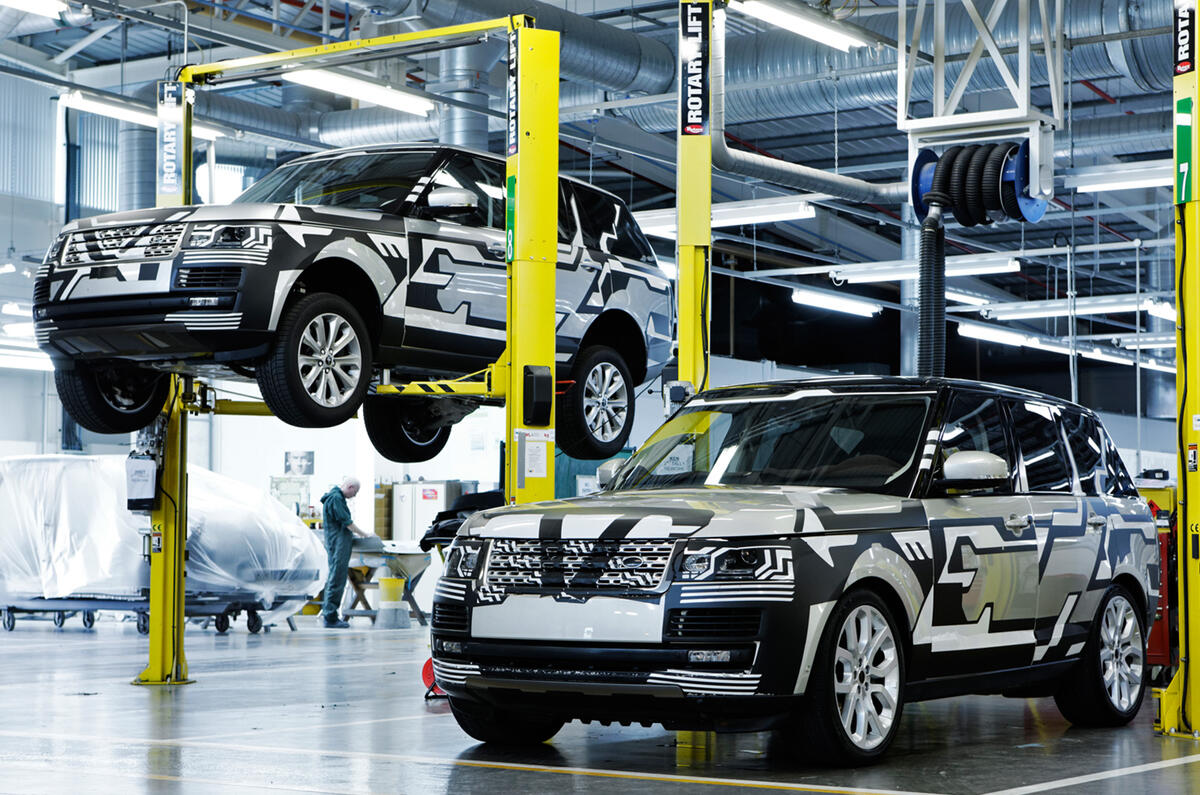Jaguar Land Rover has announced that it will head a £10m research programme, designed to give the UK a global lead in virtual simulation technology.
The five-year programme will be undertaken in collaboration with four UK universities and the Engineering and Physical Sciences Research Council - the EPSRC.
It's hoped that the cooperation between JLR and the country's leading academics will allow the development of advanced new simulation tools and processes.
The research is aimed at improving the capabilities and qualities of virtual simulations, bolstering the visual quality and even using smells and sounds to make the end results more realistic.
Utilising more advanced simulations would potentially allow JLR to design, develop and test complex vehicle components and assemblies more rapidly.
Consequently, product development times would be cut, saving money. The reduced reliance on physical prototypes would additionally have both financial and environmental benefits.
Business secretary Vince Cable said “With world-class universities and cutting-edge companies like Jaguar Land Rover, the UK is well placed to be at the forefront of driving innovation and developing new technology.
"This investment will support the government’s industrial strategy by boosting the UK’s manufacturing capability and helping to keep us globally competitive.”
Five distinct projects, which form part of the 'Programme for Simulation innovation' - a partnership between JLR, the EPSRC, Loughborough University, the University of Leeds, the University of Cambridge and the Warwick Manufacturing Group - will be run.
The projects will consist of analysis of the vehicle as a complex system, multi-physics and multi-functional simulations, driving simulations, high-performance computing and simulation data extraction and abstraction, and visualisation and virtual experiences. These account for the first phase of the programme and 80 per cent of the total planned work.
Investment to the project came from all three parties, with both JLR and the EPSRC contributing £4m each and the partner universities £2m.
Bob Joyce, Jaguar Land Rover engineering director, said “While we already utilise a wide range of sophisticated virtual engineering tools and processes to design, engineer and test our new vehicles, we are keen to enhance the future capability of virtual simulation and tailor them for automotive product development.
"Jaguar Land Rover believes the UK needs to be globally competitive in industrial innovation. Collaboration between Jaguar Land Rover and academia to develop new automotive applications will give the UK an opportunity to take a lead in virtual simulation technology.”






Join the debate
Add your comment
Wish we would
hear more of these stories on the main news. Hope there will be something tangible on completion, the outputs could easily be a .pdf and a power point presentation ! Some heady maths and computer sciences are needed I wonder if 10m is enough.
Virtual smells?!
Does a sim really need the virtual smell of a clutch burning out or a plastic component melting?
Yes!
Great to see a British company thriving whilst the hordes of teutonic crap mobiles sink away. BMW, Merc et al need to try and keep up.
Well Done Winnie!
Assume it was a great lunch right? Pass the port to the right old boy - and dream on.......
Here'e the port!
There you go John.
All the best,
Winston Fagan Churchill
johnfaganwilliams
What are you talking about? Looks like you've had a little too much port.
Other way around
I think you'll find its the other way around. Jaguar Landrover are still suffering to a degree from a lack of invest in certain areas. This is not something that has ever affected the German OEM's